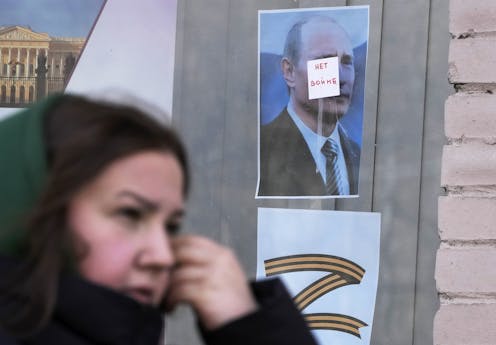
Soon after Russia embarked upon its invasion of Ukraine, I argued that Ukrainians and NATO shouldn’t rush to dismiss Vladimir Putin’s peace terms in order to bring an end to the war.
Putin suggested that for the fighting to end, Russia would need not only a Ukrainian commitment not to join NATO in the future, but also to acknowledge Russian sovereignty over Crimea and “independence” for the separatist regions of Donetsk and Luhansk. These still seem to be the principle Russian goals.
Since early March, Russian forces have been bogged down in fighting on the outskirts of major Ukrainian cities such as the capital, Kyiv, and country’s second-largest city, Kharkiv. The city of Mariupol in the south has seen particularly intense fighting and destruction as Russian forces shifted to an artillery-based strategy.
Read more: Russia is now reliant on heavy artillery — Stalin's ‘God of War’ — in Ukraine
Recently, Ukrainian forces have retaken some ground in localized counter-attacks near Kyiv and there is also evidence of Russian troops pulling back of their own volition in the same region, though the United States is dubious.
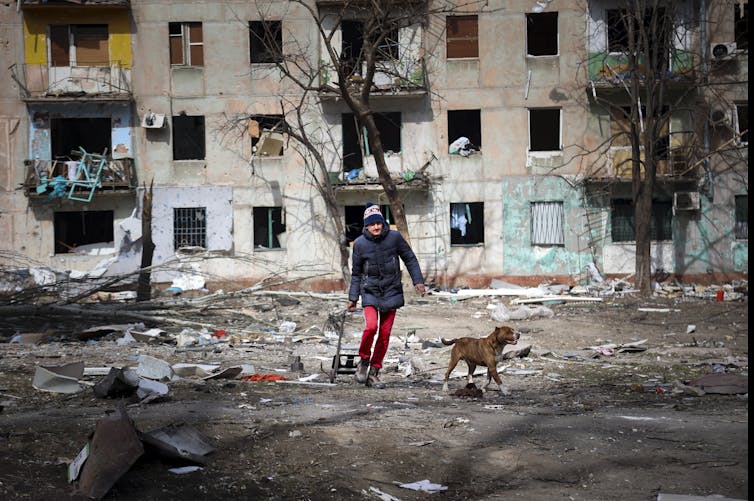
Russia not losing the war yet
It would be easy to suggest that Russian is losing the war, but that would be simplistic.
The war is certainly not going as well as Putin had initially hoped. Nonetheless, Russian forces have made slow but steady process in the Donetsk and Luhansk regions.
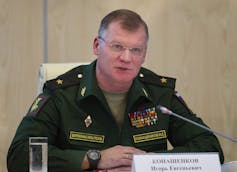
Briefings by Maj.-Gen. Igor Konashenkov of the Russian Ministry of Defence have tended to focus on this steady progress in those separatist regions — and not the fighting elsewhere.
The Russian government has now reiterated that its key interests lie in the east of Ukraine and claimed that the military thrust towards Kyiv from the north is essentially over.
The intensity of fighting around Mariupol has likely indicated that Russia is seeking to gain — and keep — a land corridor between Crimea and Russian territory to the east.
It wouldn’t make much sense for Russian forces to fight as hard as they have for Mariupol only to give up that corridor lightly. Nonetheless, such a corridor might be one area for potential negotiation if Russian troops are occupying it.
NATO, territory assurances
If Putin doesn’t want to be seen as having lost the war, then he must be able to claim success — not only in securing a Ukrainian commitment not to join NATO, but in terms of territory.
So how likely is it that Putin will get what he wants and needs politically to bring an end to the war?
In the short term, not very likely, even if negotiations are now apparently turning to the vexed question of territory.
Crucially, there is little sign of American and British pressure for an intensification of negotiations — far from it. I share the view of some western commentators like historian Niall Ferguson that it’s quite possible the U.S. has little or no interest in the war coming to an end soon unless there’s a very obvious Putin defeat.
For the U.S., a protracted war would not only put increased pressure on Putin’s regime but singularly provide the impetus for western and NATO unity and promises of increased defence spending within the alliance.
The Canadian government’s recent announcement that it will pursue the purchase of F-35 aircraft from the U.S. is the sort of fringe benefit from the current war and fears of Russian aggression that will be received positively in Washington.
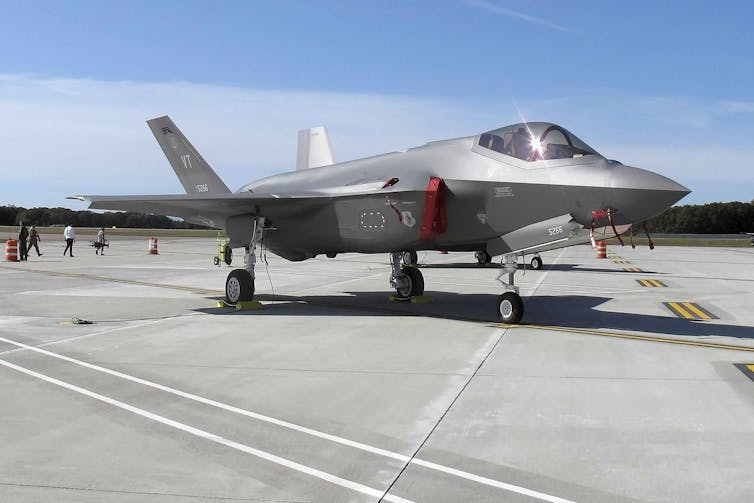
Sanctions and weapons
The U.S. is apparently happy to continue increasing sanctions on Russia and trying to bleed Russian forces dry with western weapons provided to Ukrainians.
President Joe Biden’s recent exclamation in a speech in Warsaw that “Putin cannot remain in power” no doubt reveals something about his administration’s hopes for the Russian leader’s fate.
To further complicate things, suggestions that the war is going in Ukraine’s favour is putting more political pressure on Volodomyr Zelensky not to give any ground — literally and figuratively — in negotiations.
In the short term, therefore, there seems little hope for a lasting negotiated settlement. Both Putin and Zelensky have too much invested to back down on key issues of territory at this point. As the war drags on, however, that could change.
More war, bloodshed ahead
The chances that Putin could be deposed in Russia remain very low.
Punitive blanket western sanctions and the isolation of Russia from the West may in the short term actually increase Russian support for Putin and his war. Support for the Ukraine war within Russia was running well above 50 per cent in a number of polls in early March.
What remains, in all likelihood, is more weeks of bloodshed and devastation in eastern Ukraine. If Zelensky and western leaders want the war to end, they’re going to have to start talking seriously about territory.
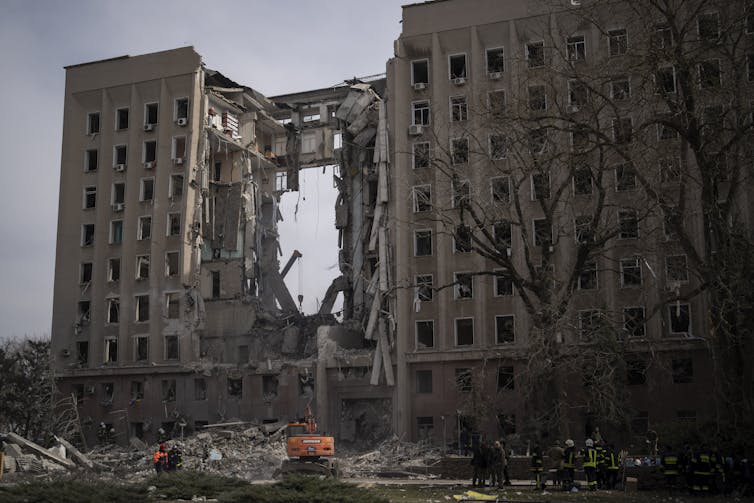
In the long run, giving up territory in the east is likely to make Ukraine a far more viable state — and allow it to further strengthen and accelerate its ties with the West.
If unresolved, ongoing territorial disputes with Russia will be a major stumbling block for Ukraine in its quest to eventually join the European Union, particularly given the EU’s mutual defence clause that stipulates in the event of an attack on one member, the others are to “aid and assist” with all possible means.
The idea that Ukraine will have to give up territory to Russia may seem unpalatable to many, but we are dealing with stark military and political realities, not fantasy.
Alexander Hill does not work for, consult, own shares in or receive funding from any company or organisation that would benefit from this article, and has disclosed no relevant affiliations beyond their academic appointment.
This article was originally published on The Conversation. Read the original article.







